If you've ever built or thought about building a website that does more than just display static pages, chances are you've come across PHP. Despite being over two decades old, PHP is still a backbone of the web. It powers everything from personal blogs to massive enterprise applications. In this guide, we'll explore what makes PHP such a relevant choice today, look at the latest frameworks, discuss what you need to know before diving in, and go over the right tools and databases to pair with your projects.
Why PHP Still Matters in Modern Development
PHP is often misunderstood as an "old" language that has been surpassed by newer options like Node.js or Python. But in reality, PHP continues to evolve. The latest versions, such as PHP 8.x, bring significant performance boosts, strong typing, better error handling, and features that rival modern programming languages. It's still one of the easiest languages to learn, making it a great entry point for beginners, while also offering advanced capabilities for experienced developers.
Understanding PHP MVC Frameworks
Modern PHP development is rarely about writing raw PHP scripts from scratch. Instead, developers often use MVC (Model-View-Controller) frameworks to structure their code. This approach separates application logic from the user interface, making projects easier to manage and scale.
Each framework has its strengths, so the "best" one depends on your project's needs.
Key Knowledge Areas Before You Start
Before you jump in, there are some essential skills and concepts you should master:
Choosing the Right IDE or Code Editor
While you can write PHP code in a plain text editor, using an IDE or a feature-rich code editor will greatly improve productivity.
Your choice depends on whether you want a powerful all-in-one tool (like PHPStorm) or a flexible, minimal editor you can customise (like VS Code).
Selecting the Best Database for Your Project
PHP works with a wide variety of databases, but some options are more common and better supported:
Version Compatibility and Hosting Considerations
Not all hosting providers run the latest PHP versions, and frameworks often require PHP 8.x to function optimally. Before starting a project, check your hosting environment's PHP version and compatibility. For local development, tools like XAMPP, WAMP, or Laragon make it easy to run PHP, MySQL, and Apache/Nginx on your machine.
Deployment and Server Choices
Your hosting choice affects performance, scalability, and control:
For serious projects, VPS or cloud hosting is often worth the investment.
The Role of Version Control
Whether you're working solo or in a team, version control is essential. Git is the industry standard, and integrating it into your IDE ensures you can track changes, experiment with features in separate branches, and collaborate seamlessly. Services like GitHub, GitLab, or Bitbucket provide remote storage and collaboration tools.
Final Thoughts
PHP is far from outdated — it's an evolving language with a rich ecosystem, powerful frameworks, and a massive community. By mastering the fundamentals, choosing the right tools, and following modern best practices, you can create anything from small web utilities to large-scale, high-performance applications. The beauty of PHP lies in its versatility — and with the right setup, it can be a developer's best friend for years to come.
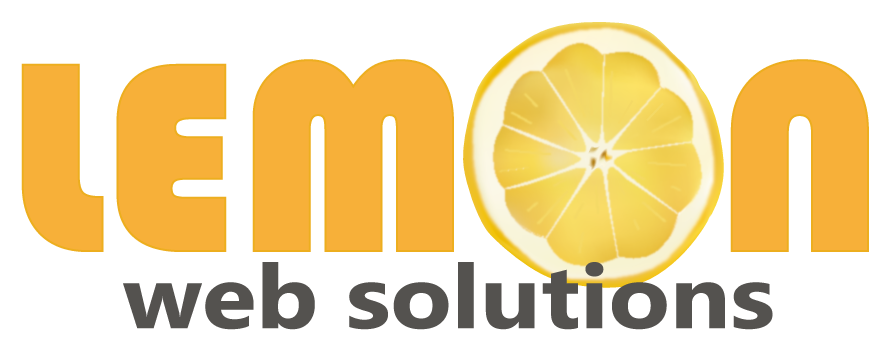

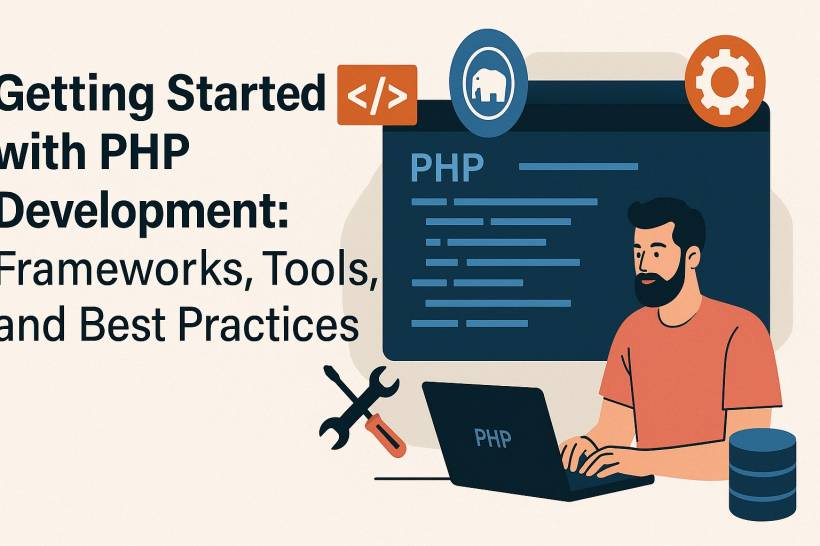
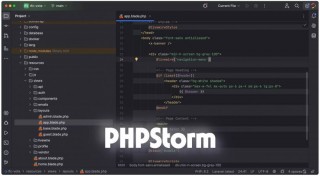
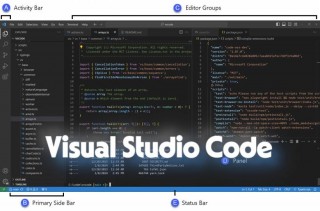
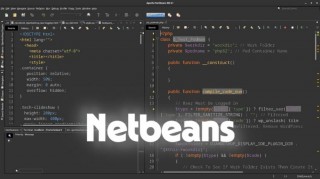
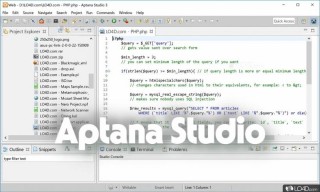


Comments